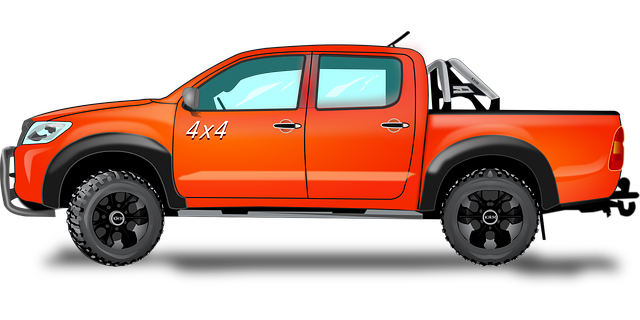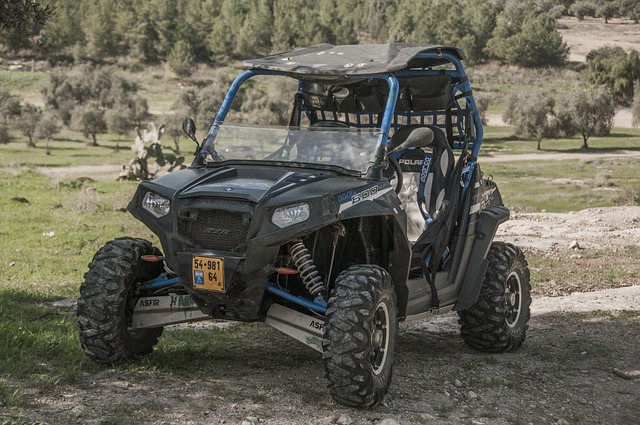ABS sensors play a critical role in maintaining braking control and stability for Brownsville, Texas fleets, especially heavy trucks with bed rails. By detecting wheel speed variations, these sensors prevent lockup during hard braking, allowing the anti-lock system to regulate pressure and preserve steering control on Texas highways.
- ABS Sensors: Understanding Their Role in Brownsville Texas Fleet Truck Safety
- – The significance of ABS (Anti-lock Braking System) sensors in commercial vehicles, especially trucks, and their impact on safety in fleet operations in Brownsville, Texas.
- – How ABS sensors work to prevent wheel lock during braking, enhancing control and stability.
ABS Sensors: Understanding Their Role in Brownsville Texas Fleet Truck Safety

ABS sensors play a pivotal role in enhancing the safety of Brownsville Texas fleet truck bed rails. These sensors are integral components of the Anti-lock Braking System (ABS), which prevents wheels from locking up during hard braking, allowing drivers to maintain control and steer effectively. By continuously monitoring wheel speed, ABS sensors detect and counteract wheel lockup, ensuring a safer stopping distance and improving overall vehicle stability.
In the dynamic landscape of Brownsville’s trucking industry, where trucks often navigate through bustling city streets and freight-heavy highways, reliable ABS sensors are indispensable. They contribute to preventing skids and rollovers, especially in challenging conditions like wet or icy roads, thereby reducing the risk of accidents. This technology is a game-changer for fleet managers in Brownsville Texas, enabling them to prioritize safety without compromising on efficiency.
– The significance of ABS (Anti-lock Braking System) sensors in commercial vehicles, especially trucks, and their impact on safety in fleet operations in Brownsville, Texas.

ABS sensors play a pivotal role in ensuring the safety of commercial vehicle operations, particularly in Brownsville, Texas, where fleet management is a cornerstone of the local economy. These sensors are integral to the Anti-lock Braking System (ABS), which prevents wheels from locking up during hard braking, allowing drivers to maintain control and steer effectively. In trucks and other heavy-duty vehicles, ABS sensors monitor wheel speed and provide real-time data to the vehicle’s computer, enabling it to adjust brake pressure to avoid skidding.
For fleet operations in Brownsville, where truck bed rails and other equipment are commonly used, ABS sensors significantly reduce the risk of accidents caused by uncontrolled braking. By maintaining stable traction, these sensors contribute to safer stops and turns, which is especially critical during the frequent load transports and long-distance hauls characteristic of many local fleets. The impact on safety is profound, as it helps prevent collisions, improves driver control, and ultimately fosters a culture of responsible driving within the fleet community.
– How ABS sensors work to prevent wheel lock during braking, enhancing control and stability.

ABS sensors play a pivotal role in enhancing braking control and stability, especially in demanding conditions like those faced by fleets operating in Brownsville, Texas. These sensors detect wheel speed variations, signaling potential lockup and enabling the anti-lock braking system to rapidly intervene. By modulating brake pressure, ABS prevents wheels from locking up during hard braking maneuvers, allowing drivers to maintain steering control and maneuverability. This proactive approach is particularly beneficial for heavy vehicles like trucks equipped with bed rails, where stable stopping is crucial for safety and operational efficiency on Texas highways.
